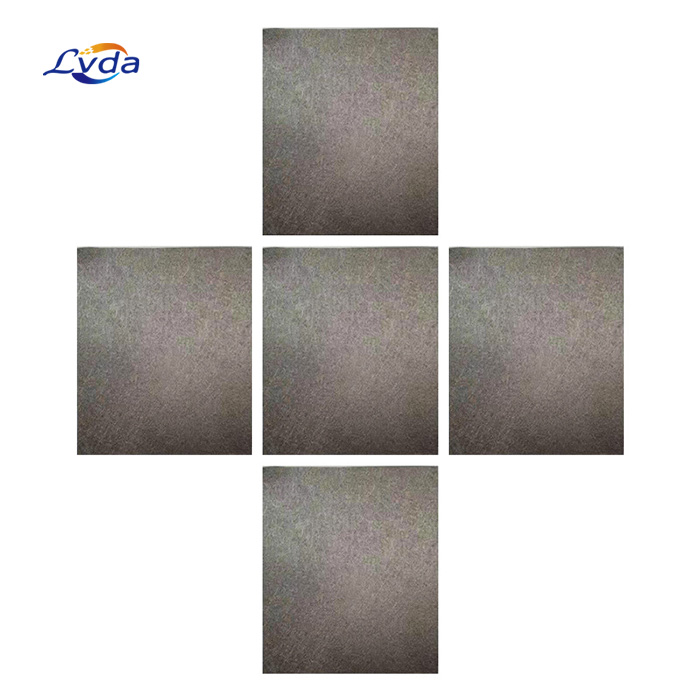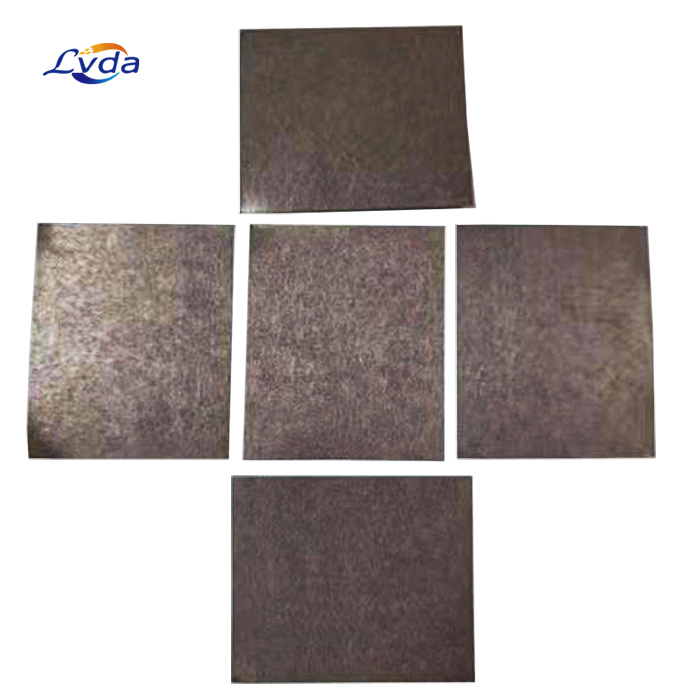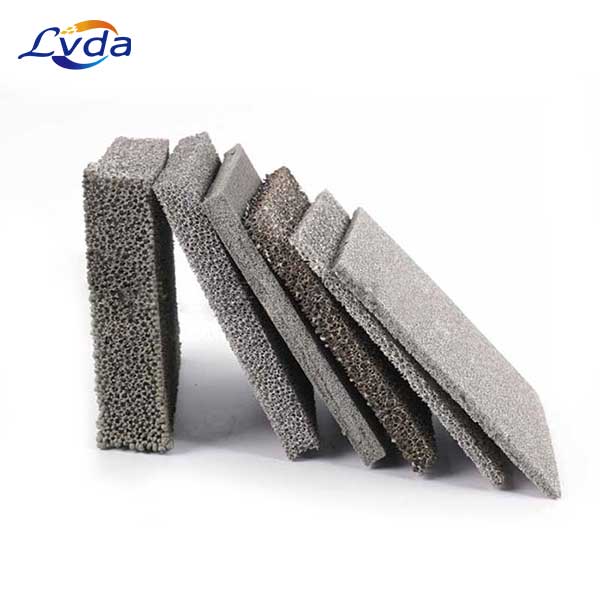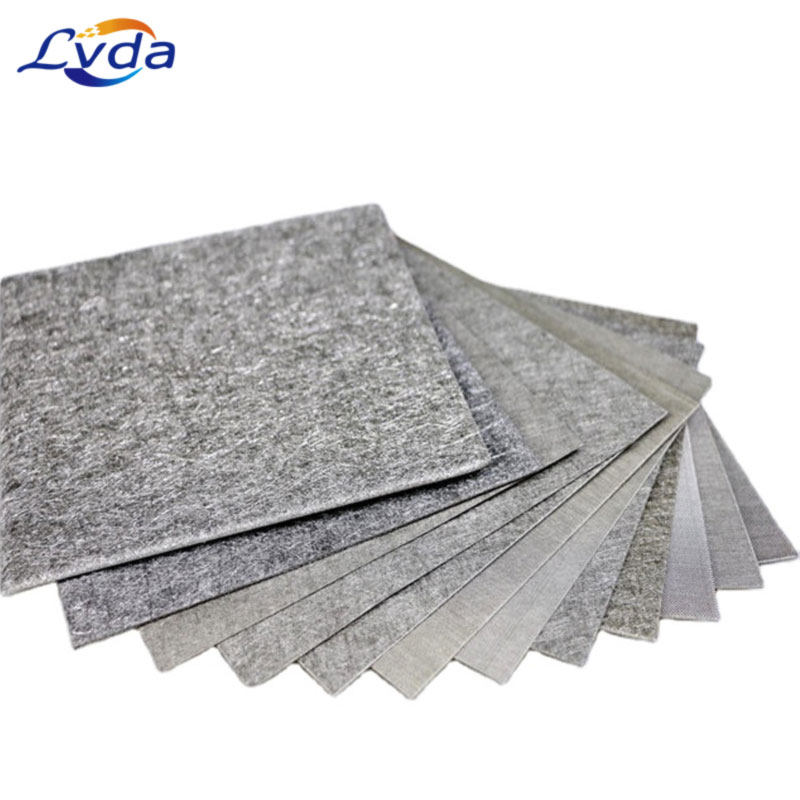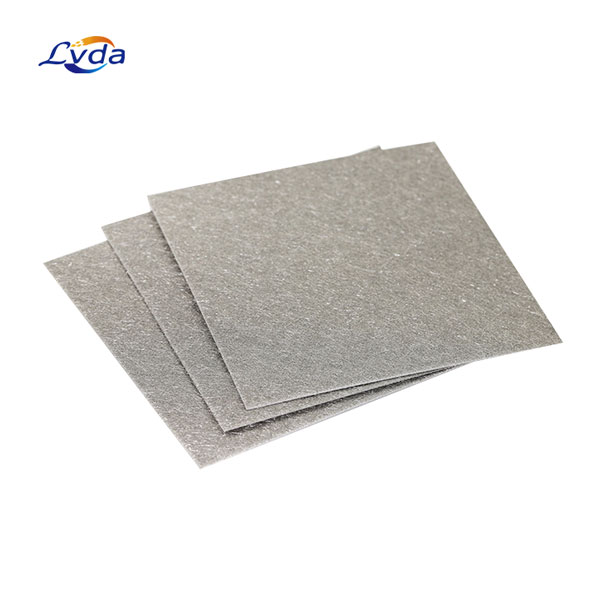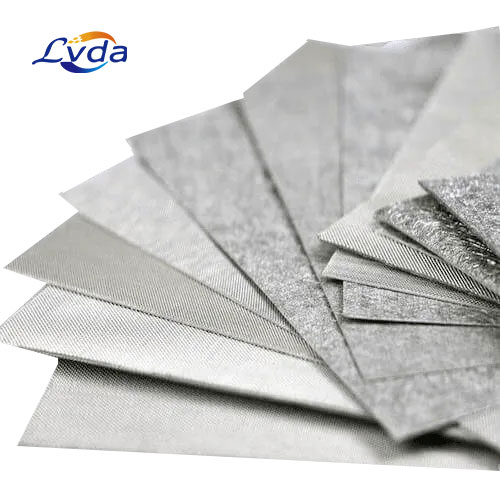Product Details
In the field of electrochemical energy conversion, corrosion prevention plays a pivotal role in maintaining the integrity and longevity of materials used within electrolysis systems. One such material, titanium fiber felt, has gained significant attention due to its unique properties that make it ideal for use as an anode diffusion layer in proton exchange membrane (PEM) water electrolysis systems.
Titanium fiber felt is a non-woven material composed of interlaced titanium fibers. It exhibits several advantageous properties that contribute to its effectiveness in corrosion prevention:
1. Corrosion Resistance. Titanium is renowned for its exceptional resistance to corrosion, particularly in chloride environments. This property makes it suitable for use in harsh chemical conditions where other materials would degrade rapidly.
2. High Surface Area. The felt structure of titanium fiber provides a large surface area, which is beneficial for enhancing the contact between the electrolyte and the electrode surface, thereby improving the efficiency of the electrolysis process.
3. Thermal Stability. Titanium fiber felt maintains its structural integrity at elevated temperatures, making it suitable for use in high-temperature electrolysis processes.
4. Electrical Conductivity. Although not as conductive as metals like platinum or iridium, titanium fiber felt can be modified to improve its electrical conductivity, which is essential for efficient electron transfer during electrolysis.
5. Mechanical Strength. The felt structure provides a degree of mechanical strength, allowing the material to withstand the stresses and strains encountered in practical applications.
Parameters
Core Components : Titanium
Thickness : 0.3mm, 0.4mm, 0.5mm, 0.6mm, 0.8mm
Filter accuracy : 10μm, 20μm, 30μm, 40μm, 50μm, 60μm
Porosity : 50%, 60%, 70%, 80%
Size : Customizable
Technique : Sintering
Place of Origin : Henan, China
Condition : New
Applications in PEM Water Electrolysis
Proton exchange membrane (PEM) water electrolysis is a clean and efficient method for producing hydrogen gas from water. In this process, an electric current is passed through water, causing it to split into hydrogen and oxygen gases. The anode diffusion layer plays a crucial role in this process by facilitating the transport of ions and electrons between the electrolyte and the electrode.
Titanium fiber felt is often employed as the anode diffusion layer in PEM water electrolysis systems due to its aforementioned properties. Its corrosion resistance ensures that the material does not degrade over time, even in the presence of highly corrosive electrolytes. The high surface area of the felt structure enhances the contact between the electrolyte and the electrode, leading to improved electrolysis efficiency. Additionally, the thermal stability of titanium fiber felt allows it to function effectively at the elevated temperatures typically encountered in PEM electrolysis systems.
The corrosion preventive titanium fiber felt for anode diffusion layer is a cutting-edge material that offers exceptional corrosion protection, thermal stability, and gas diffusion properties. Its versatile nature and wide range of potential applications make it an indispensable tool for engineers and designers seeking to improve the performance and reliability of their products in harsh environments. As industries continue to evolve and demand higher levels of performance and durability, the corrosion preventive titanium fiber felt is poised to play a significant role in meeting these challenges.

 English
English اللغة العربية
اللغة العربية বাংলা
বাংলা Deutsch
Deutsch Français
Français Bahasa Indonesia
Bahasa Indonesia Русский алфавит
Русский алфавит Español
Español اردو
اردو Português
Português
